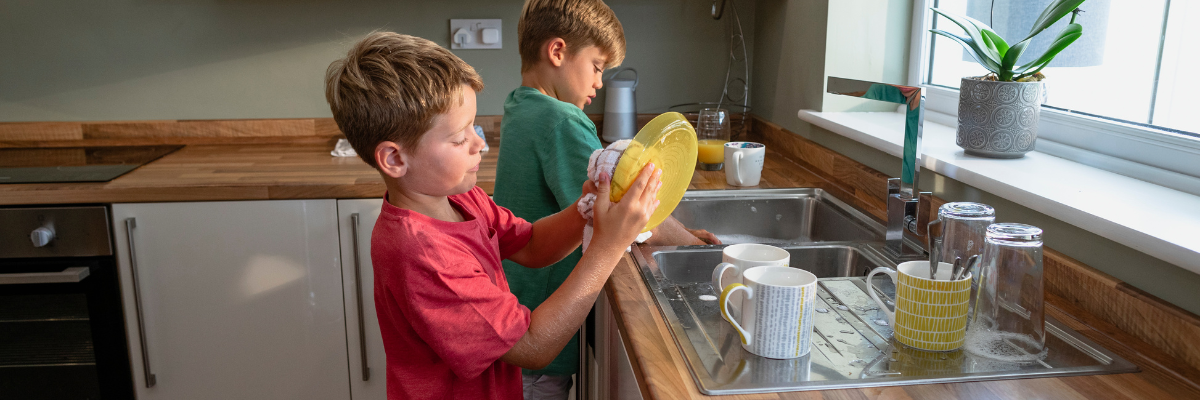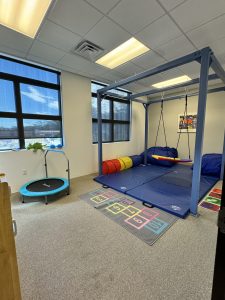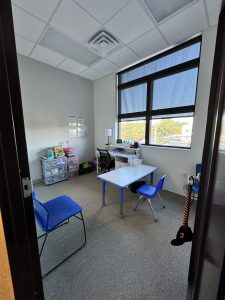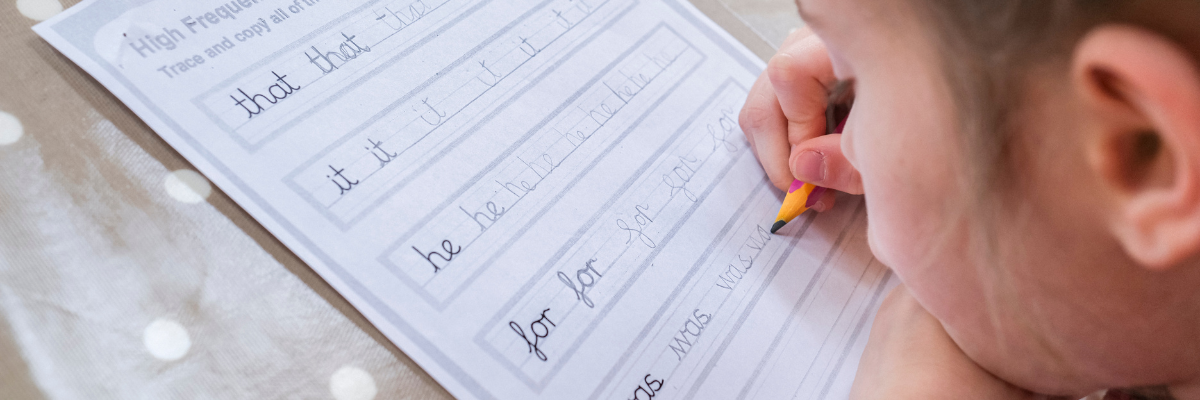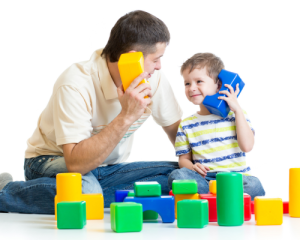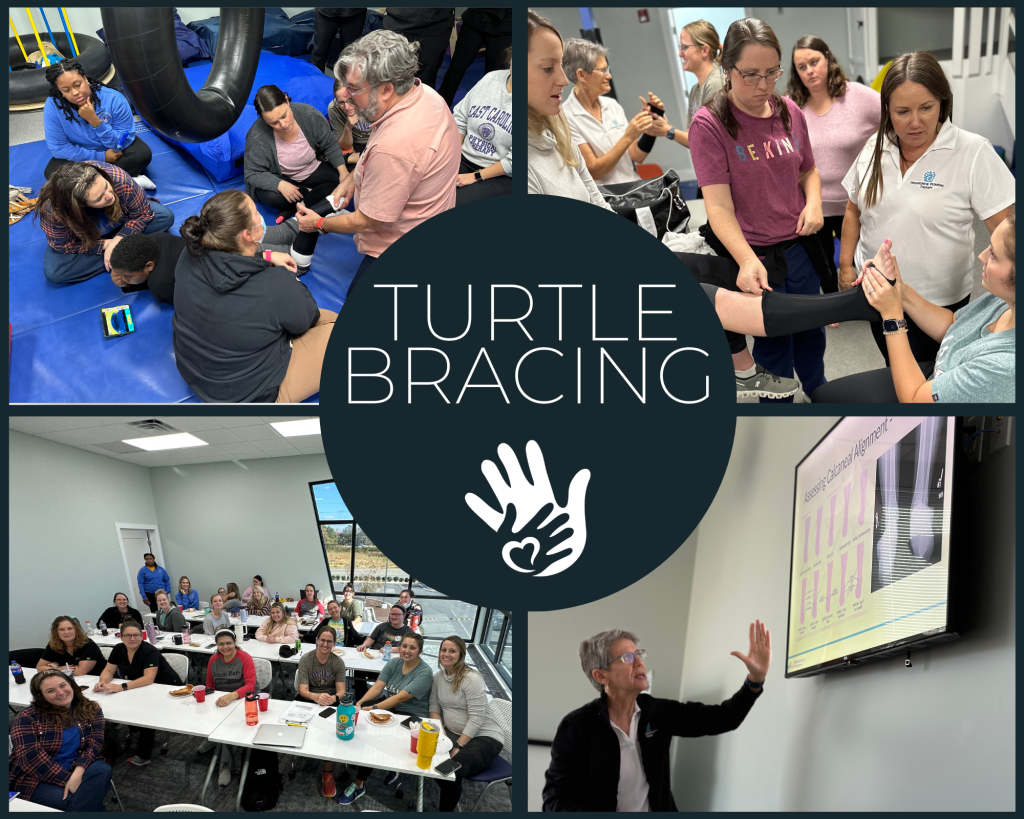Combating Seasonal Depression: Strategies for Lightening the Winter Blues
As the days grow shorter and the temperature drops, many of us may find our mood shifting along with the seasons. Seasonal Affective Disorder (SAD) affects countless individuals each year, leading to feelings of sadness, lethargy, and even anxiety. Here are some ways to combat seasonal depression and find joy in the colder months:
1. Embrace Natural Light to Combat Seasonal Depression
One of the primary contributors to seasonal depression is the lack of sunlight during winter months. To combat this, try prioritizing exposure to natural light:
- Morning Walks: Try to take a walk outdoors in the morning. Even on cloudy days, natural light can help boost your mood and regulate your circadian rhythm.
- Light Therapy: Consider using a light therapy box that mimics natural sunlight. Spending 20-30 minutes in front of this light can be effective in reducing SAD symptoms.
2. Stay Active: A Key to Overcoming Seasonal Depression
Physical activity is a powerful antidote to depression. Regular exercise releases endorphins improves sleep, and boosts overall mood:
- Find Activities You Enjoy: Whether you’re doing yoga, dancing, or brisk walking, choose activities that are fun and engaging.
- Set a Routine: Establishing a regular exercise schedule can help structure your day and help you stay motivated.
3. Nourish Your Body to Support Your Mental Health in Winter
What we eat can significantly impact our mood. During the winter, it’s essential to nourish ourselves with healthy, balanced meals:
- Incorporate Seasonal Foods: Focus on fruits and vegetables that are in season, like citrus fruits, root vegetables, and hearty greens. These can provide essential vitamins that boost your immune system and energy levels.
- Stay Hydrated: Don’t forget to drink water! Staying hydrated is crucial for maintaining energy and overall well-being.
4. Cultivate Connections to Ease Seasonal Depression
Social interactions can be a vital source of support during the winter months:
- Reach Out to Loved Ones: Schedule regular catch-ups with friends and family, whether in person or through video calls. Sharing your feelings can foster connection and reduce feelings of isolation.
- Join a Group: Look for local clubs, classes, or community events that interest you. Engaging in social activities can provide a sense of belonging and purpose.
5. Practice Mindfulness and Self-Care to Beat the Winter Blues
Taking time for yourself is essential, especially during the colder months:
- Mindfulness Practices: Try incorporating mindfulness techniques such as meditation, deep breathing exercises, or journaling. These practices can help ground you and manage anxiety.
- Self-Care Rituals: Develop a self-care routine that includes activities you love, whether it’s reading, taking baths, or enjoying a hobby. Prioritize these moments to recharge and relax.
6. Work with a Professional for Seasonal Depression Support
If you find that your symptoms are overwhelming or persistent, seeking professional support is crucial:
- Therapy: Speaking with a therapist can provide valuable insights and coping strategies tailored to your needs. Therapists at Carolina Therapy Connection provide you with an array of modalities that are used to treat and are particularly effective for seasonal depression.
- Medication: In some cases, medication may be necessary. Please consult a healthcare provider to discuss potential options if your symptoms significantly impact your daily life.
How Can Carolina Therapy Connection Help with Seasonal Depression?
While seasonal depression can feel challenging, it doesn’t have to be dealt with alone! Carolina Therapy Connection recognizes the importance of seeking support and prioritizing mental health. Our therapists are ready to help, call us today for a FREE Consultation with our therapist!
By: Annalisa Ferguson





